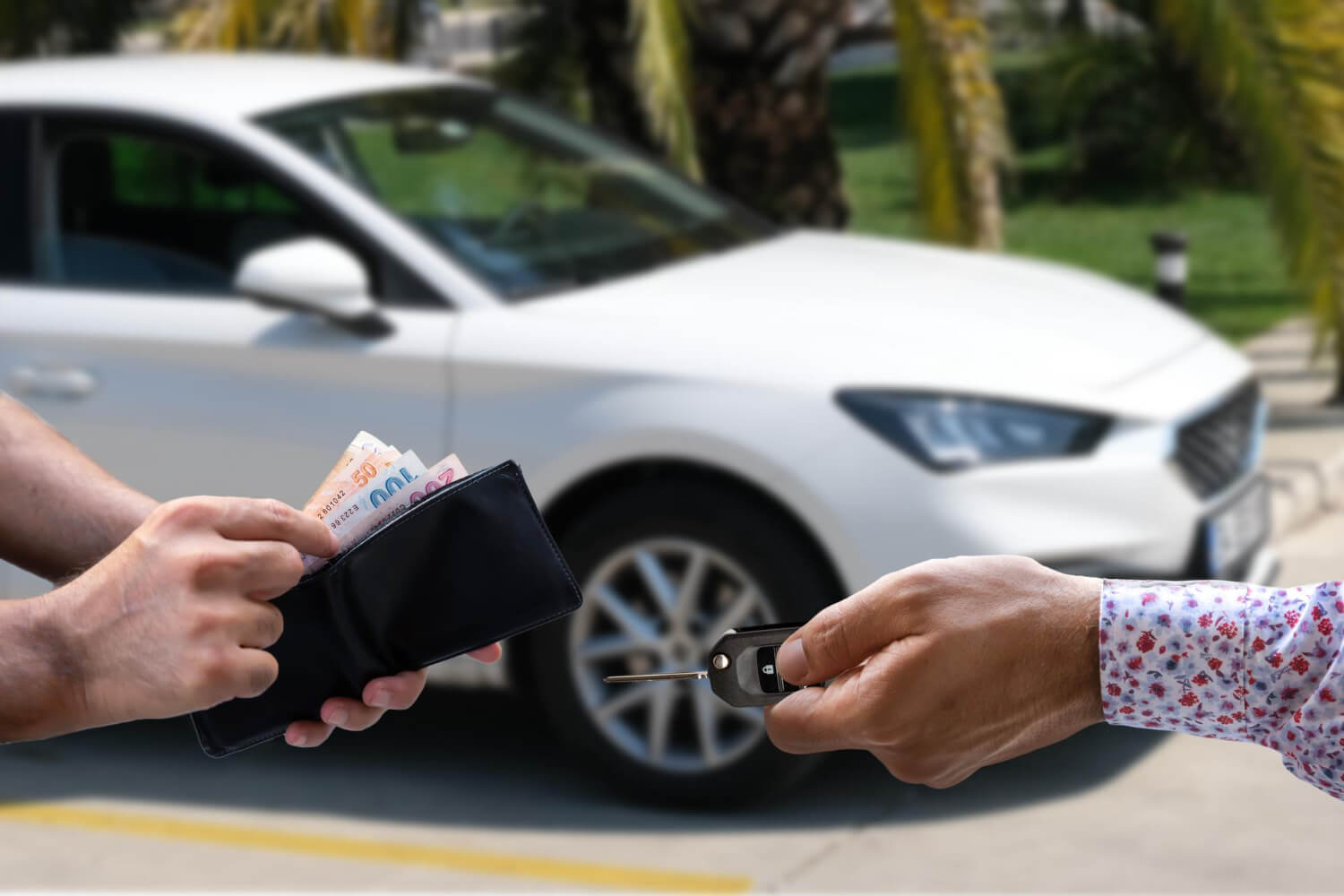Selling Your Car Without A Title

It's not uncommon to find out after selling your car that you no longer hold the title. It may have been misplaced, lost, damaged, or accidentally thrown away during a move. Whatever the cause, your only option could be to consider purchasing a vehicle without a title. Here is professional guidance for handling a lost title legally.
Main Points
- In most places, obtaining a duplicate title is not very costly.
- Without a title, you can transfer ownership in some states, but the buyer will need to order a new title.
- Some vehicles produced before 1975 lack titles, in which case a bill of sale will suffice.
The certificate of title, sometimes referred to as the car title or pink slip, is the one that is most significant when it comes to a vehicle. This is a legal document that certifies who is the rightful owner of the car. You won't see this paper if you're financing or leasing an automobile. A car title only appears when a vehicle is bought.
Car titles come in four different categories: Clean, Clear, Salvage, and Rebuilt/Reconstituted. Although there are variations between states, the fundamental details are the same:
- Vehicle: Make, model, body type, color, year it was manufactured, and identify the vehicle.
- Information: the purchase's mileage and license plate number
- Owner: name, address, and issue date of the buyer
But what if you've lost or somehow ruined the car title? Is it still possible to sell your vehicle without a car title? Yes.
Consequences of Trading a Car Without a Title
When you've decided to sell your automobile, it's essential to compile all pertinent paperwork before putting it up for sale or entering into a sales negotiation. Numerous potential purchasers will view the absence of a title as suspicious, even though there are many reasonable and legal reasons why a car might not have one (e.g., documentation misplaced, someone abandoned the car, the lender has a lien, etc.).
Additionally, keep in mind that in many places, it is against the law to sell a car without evidence of ownership. After all, possessing a car title will demonstrate that the vehicle is legitimate and wasn't obtained illegally. An unclaimed car cannot be registered, insured, or lawfully driven.
Also Read: How To Sell A Salvaged Car
How To Change A Car Title
So, the first thing you should do after realizing a car title is missing is to obtain a replacement. Request a copy from the state where the automobile is registered if you own it outright. You must immediately ask the lender for a copy if the car is financed or subject to a lien. Some states further demand that you retain a title for a predetermined amount of time, such as 30 days, before transferring ownership.
As of 2020, four states will have signed up for the electronic lien and title (ELT) processing initiative, which enables the departments of motor vehicles to provide digital titles to auto buyers and lenders. However, processing periods for the remainder of the nation might take weeks, which could jeopardize your agreed sale.
Keep in mind that even though review time on the institution's end may take far longer, and a web registration may be quicker, you need to check with your local DMV to be sure because they could provide express in-person services like on-site printing. Remember that extra charges and paperwork could be necessary.
Once you have your replica title, be aware that the one it substitutes will be invalid. It's important to truly destroy the original automobile title to prevent any problems in the future, for instance, if you find it under the sofa cushions.
Sales Exempt Due To The Need For A Car Title
You've undoubtedly already realized that there isn't a single standard for car titles. In reality, the requirement for a title to sell a car may not even apply. In the sections that follow, we'll discuss alternate techniques of proving ownership as well as handling exempt and non-exempt automobiles.
Requesting An Ownership Transfer
While some states allow sellers to transfer ownership of a car without a title, the buyer should secure one. Consequently, even though this enables you to finish and grants the new owner a temporary license to use the automobile, it would only be effective until a new or duplicate car title is completed. There can also be a need for additional paperwork, such as a certificate of inspection from a facility that has received state approval.
A Bill Of Sale May Suffice
It makes sense that if your car is an older model, you wouldn't have a title because some states didn't even start issuing them until as recently as 1975. You won't be able to file for a replica title for these older, or "vintage," cars in many states. You could still be able to market your car by just creating a bill of sale if you are unable to obtain a substitute title for it.
If your state's DMV website doesn't offer a template for this, you can make one yourself. Many states have one.
The important details don't need to be in any fancy format, such as:
- Vehicle identifying number (VIN) and year, make, and model
- The transaction date
- The purchase cost
- The buyer and seller's names and signatures





